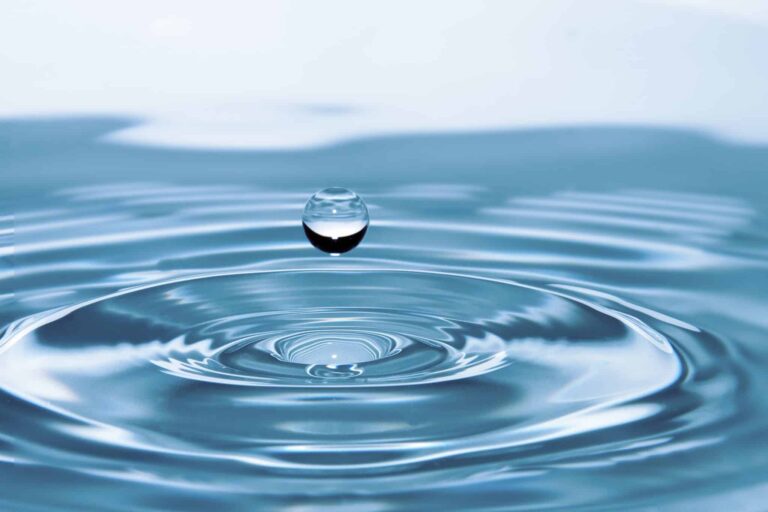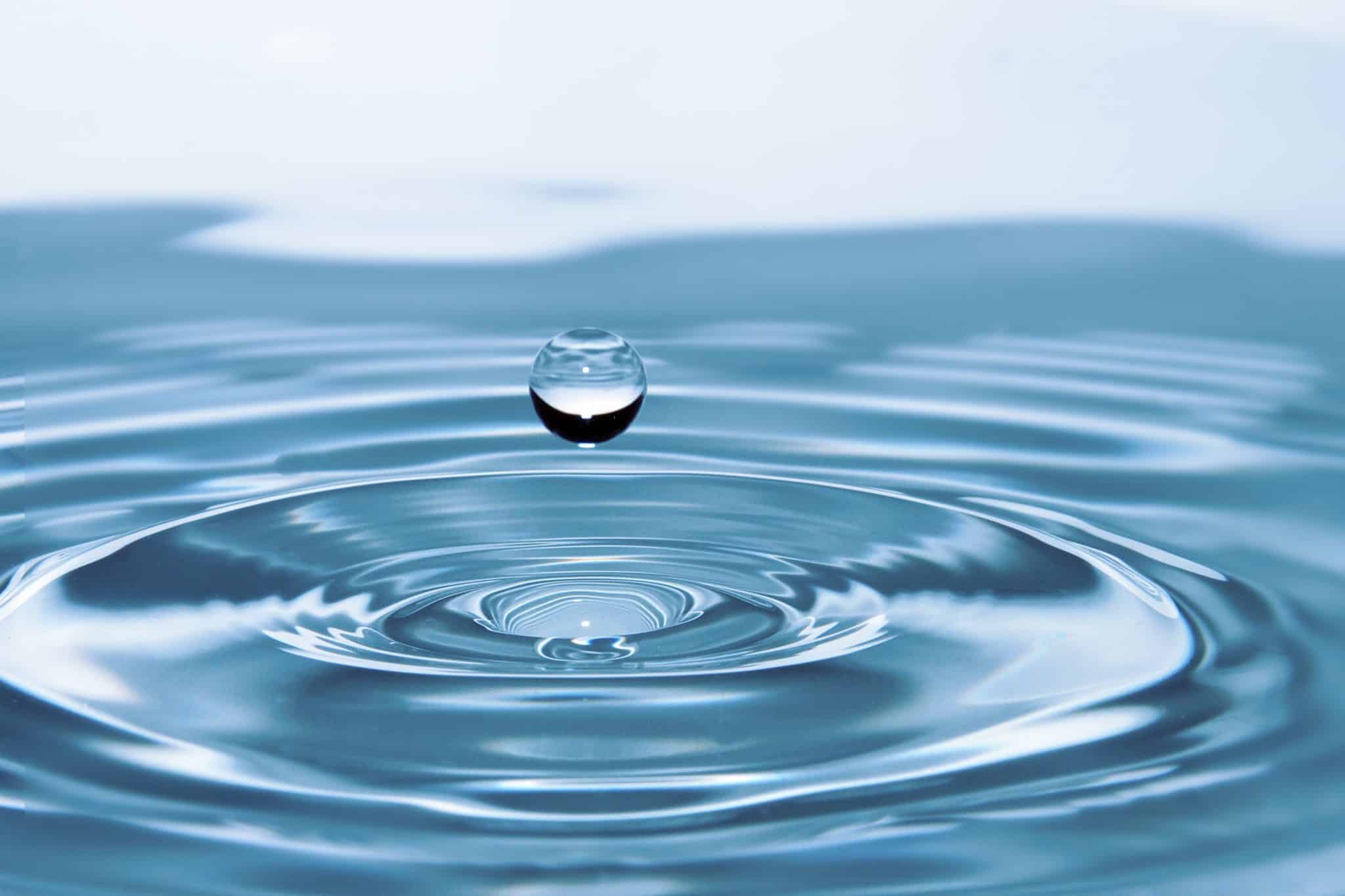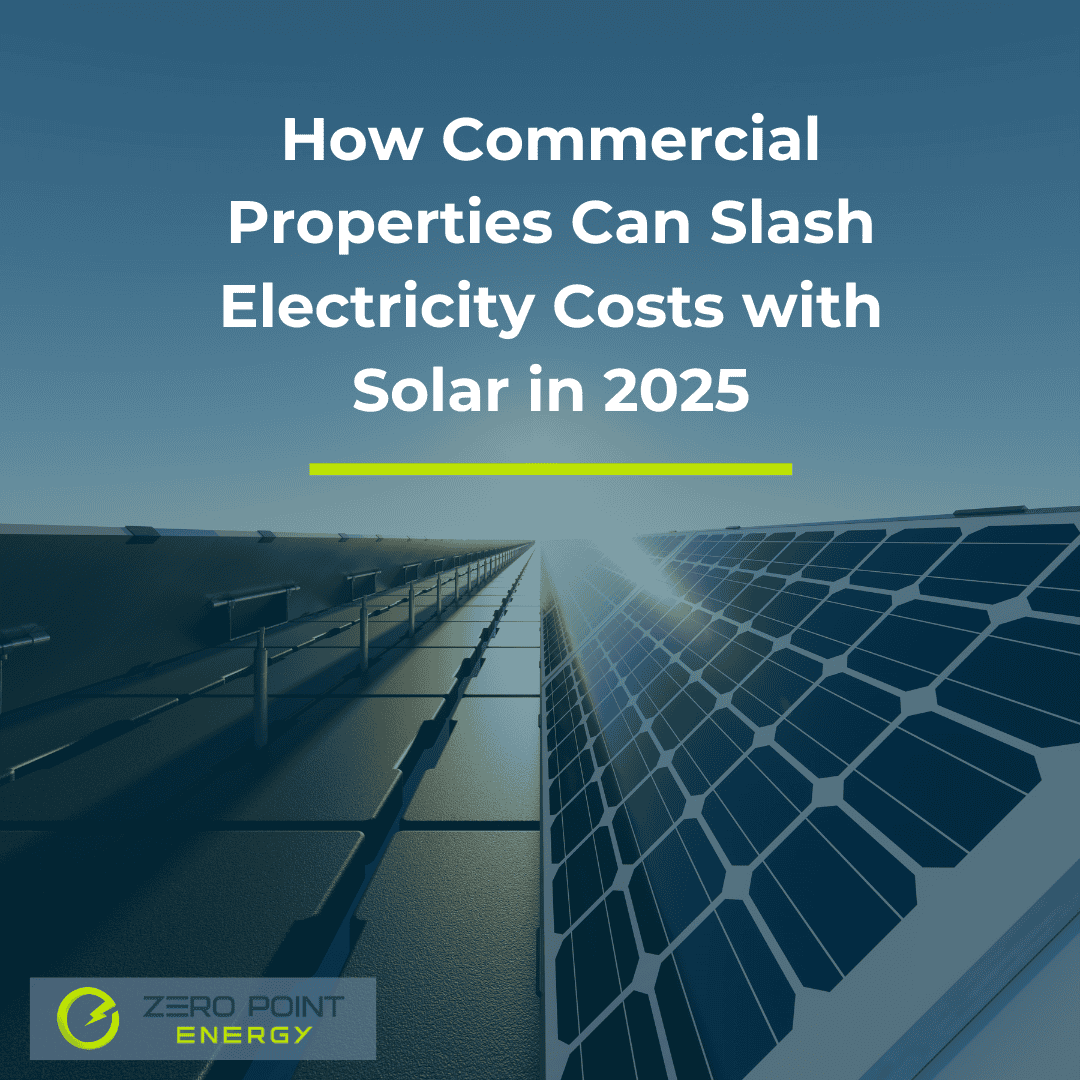
The right to sufficient water is enshrined in the constitution because water is vital to life. Water is also very important in different industries such as agriculture and power generation. To address the problem of water scarcity in South Africa, a whole basket of measures is needed. Additional sources of water must be found and incorporated into the system. Current water stores must be managed and used more efficiently. Industrial and domestic users must learn to conserve water. It is only through a combination of different measures at national, municipal, and down to residential scales that water usage efficiency can be achieved.
Understanding the Water Crisis
Much has been said about the water crisis in the Western Cape, but in actual fact, South Africa as a whole is facing a water crisis. Some of the factors that have worked in conjunction with each other to cause the country’s water scarcity include climate change primarily, but also excessive usage, high demand, and poor management and maintenance of water systems.
In terms of climate change, the drought in the Western Cape which began around 2015 has been the worst in close to 40 years. With rainfall levels low because of the severe drought, there has been tremendous pressure on the Western Cape Water Supply System (WCWSS) dams. The figure below shows the declining levels of water stored in the WCWSS in the period from August 2014- 2018.

Source: City of Cape Town
At the height of this crisis was the dreaded Day Zero when most of the taps in the city would be turned off. Because of a number of different factors including buffers from the agricultural sector, residential water efficiency schemes, and boreholes, Day Zero was avoided. It has since been pushed out to 2019, but level 6B water restrictions requiring people to each use 50 litres of water at most are still in effect in Cape Town.

Source: IOL
The growing population in South Africa and increasing demand for water also impacts its availability. People need water for domestic use, while manufacturers and power stations need a lot of water to operate. Compared to the average global daily use of water of 173 litres per person, South Africans actually use quite a high volume of 235 litres per person.
Water efficiency requires effective management of water systems and infrastructure. It is estimated that in 2017, 37% of the country’s water supply was lost through leaks. That is a significant volume of much-needed water lost into the ground because of leaking pipes and poorly maintained infrastructure.
Water Efficiency Measures
Nothing can be done to directly reverse the impact of climate change on the water situation in South Africa. If insufficient rainfall falls in any particular year, the hope is that reserves from previous rainy seasons will be able to make up for the deficit. A number of different measures can and are being used nation-wide to improve water efficiency against the impact of climate change, excess demand on water reserves, and water losses due to dilapidating water systems.
In the domestic and residential setting, water-efficient faucets, low-flow dual-flush toilet systems, and conservative shower heads are all small changes that can be made that have a high impact in saving water. On a slightly larger scale, water efficiency measures include rainwater harvesting for residential and commercial non-potable use, grey-water systems for capturing water for flushing and out-door irrigation, and water purification. Water purification can take on numerous forms include reverse-osmosis (RO), ultra-filtration, UV filtration to name a few of the common methodologies.
At the local municipality and city level, water efficiency can be achieved by timely maintenance and repair of water systems to prevent losses through leaking. Restrictions and water rationing may also be warranted at certain periods as in the Cape Town situation.
The Impact of Water Efficiency Measures
The water efficiency measures described above will, when implemented, result in reduced water usage in residential and commercial settings. Water wastage is often something that is done without much thought, and consumer education has an important role to play in helping people rethink their habits when it comes to how they use water. Saving water has a positive long-term impact on cities and towns that are being threatened by low water reservoir and dam levels, but it also has the immediate benefit of saving costs. Water conservation in the home means that consumers will pay lower water bills because of what they don’t use and what they re-use and re-purpose.
Alternative water sources allow consumers to be less dependent on municipal water and to be more resilience in times of water restrictions. On a larger scale, there are also a number of cost savings when water leaks are speedily attended to resulting in less loss of treated water and when local water authorities are better able to balance their own supply and demand for water without looking to other regions for assistance.
Looking ahead, the water challenges that South Africa is facing will not go away overnight. It will take a lot of planning and effective management to mitigate the risks of declining water levels. Part of this long and short-term planning requires that a whole range of different water efficiency measures be implemented more widely.
_________________________________________________________________________
Feel free to contact us to see how best we can offer our sustainable engineering expertise to help you:
+27605218388 | info@enroute.xerus.co.za | @zeropointSA | www.zpenergy.co.za
Zero Point Energy (Pty) Ltd is a proudly South African sustainable engineering company that provides professional engineering consulting & turn-key solutions in the areas of energy efficiency, renewable energy, off-grid and energy storage solutions, water efficiency and responsible waste management. The company is a 100% black youth-owned, 30% black female-owned EME achieving a Level 1 BBBEE Contributor status, and has a passion to transform the energy industry without compromising on safety, quality and client satisfaction. Email: info@enroute.xerus.co.za Web: www.zpenergy.co.za



